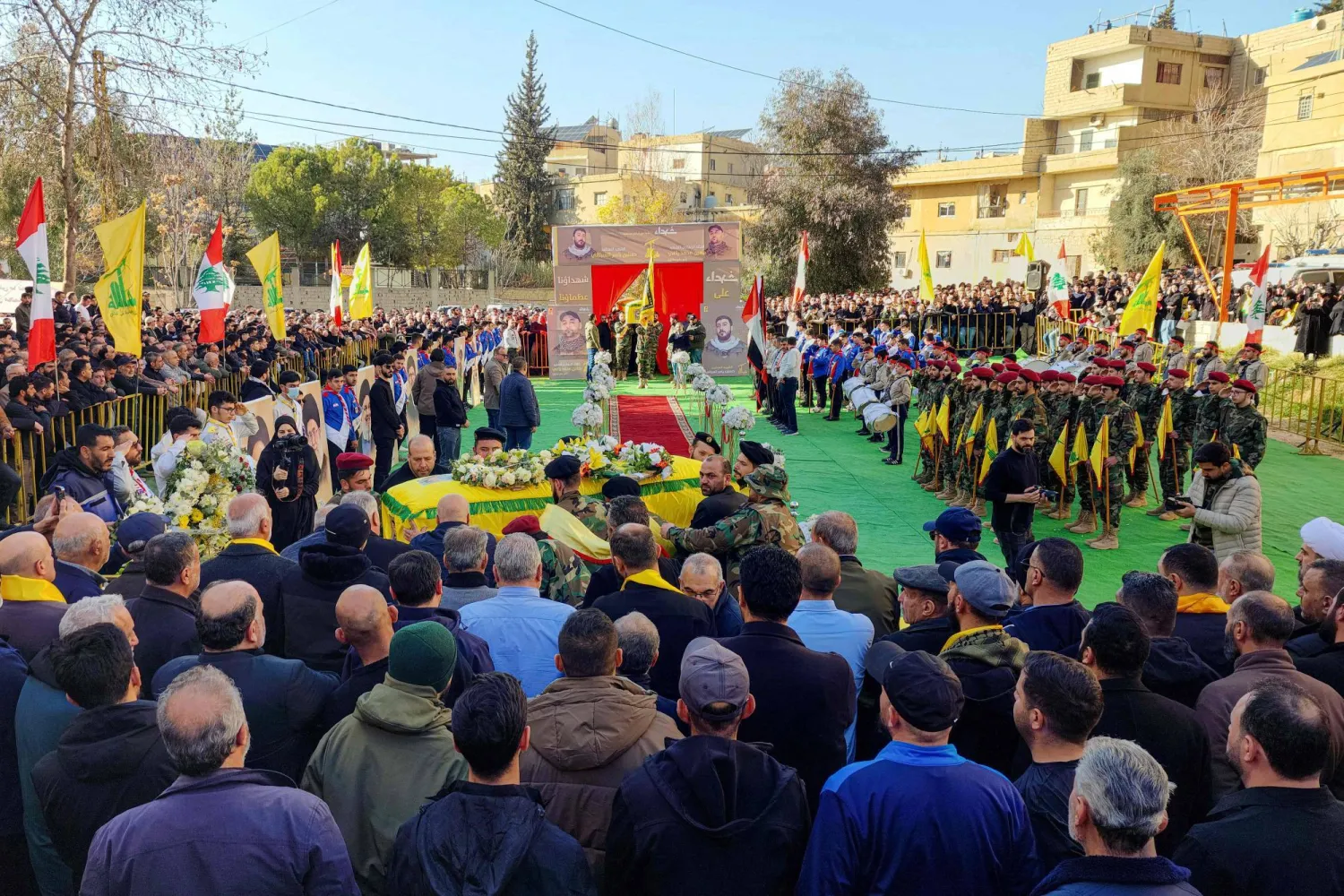The Iranian-backed Houthi militias reopened an Iranian hospital in Sanaa, 13 years after closing it and using it as a center for spying and promoting extremism.
The militias changed the hospital's name and allocated more than 3.5 billion riyals to equip it. The move is considered one of the group's largest corruption projects.
According to the militias’ media, Head of the Houthi ruling council Mahdi al-Mashat laid the foundation stone for the hospital, which will specialize in urology.
They said the process was funded by the zakat revenues which the militias collected by force from people in areas they run, noting that they doubled the amounts several times throughout the years.
In remarks to Asharq Al-Awsat, medical sources said the hospital will be one of the business projects run by the militias through the so-called Zakat Authority.
The militias plan to set fees similar to those applicable in private hospitals in return for medical services, especially after limiting the services of public hospitals to its militants and leaders.
This project is a major corruption deal run by Houthi influential leaders, given that the five-floor building was established 40 years ago and belongs to the Ministry of Endowment, the sources stressed.
They indicated that the Yemeni authorities decided to shut down the Iranian hospital on October 12 in 2009, four years after its it was launched.
They transferred the ownership of its equipment to the Endowment Ministry after the Iranian Red Crescent failed to pay its monthly rent, which at that time amounted to about 30 million Yemeni riyals.
However, the Ministry did not operate it for unknown reasons, but Iran has repeatedly sought to reopen it, the last attempt of which was in 2014.
The sources cited Tehran’s efforts to reopen the hospital after the Houthi militias coup against the Yemeni legitimate government.
In early 2016, Houthi leader Mohamed Daylami signed an agreement with the Chargé d'Affairs of the Iranian Embassy in Sanaa, in his capacity as then deputy executive director of the Handicap Care and Rehabilitation Fund.
The agreement stipulated “completing the procedures for handing over the Iranian hospital in Sanaa, which was affiliated with the Iranian Red Crescent, to the Fund and reoperating it for the benefit of people with disabilities.”
This indicates that the hospital kept all its equipment, Daylami noted.
He confirmed that the existing disputes between the Iranian embassy and some government agencies that demanded the Iranian Red Crescent to pay late rents for the hospital building affiliated with the Ministry of Awqaf were settled.
The Iranian diplomat was quoted as welcoming the cooperation between the Fund and the Iranian Red Crescent. He said that the embassy would do its best to enhance cooperation with the Houthi militias.
Yemeni authorities shut down the hospital after the army found what it said were documents indicating Iranian support for the Houthis, including military equipment and money.
It affirmed that the hospital was used for spying activities, noting that the building’s location was carefully selected as it overlooks the headquarters of the Political Security Organization and the main road leading to the presidential residence south of Sanaa.









